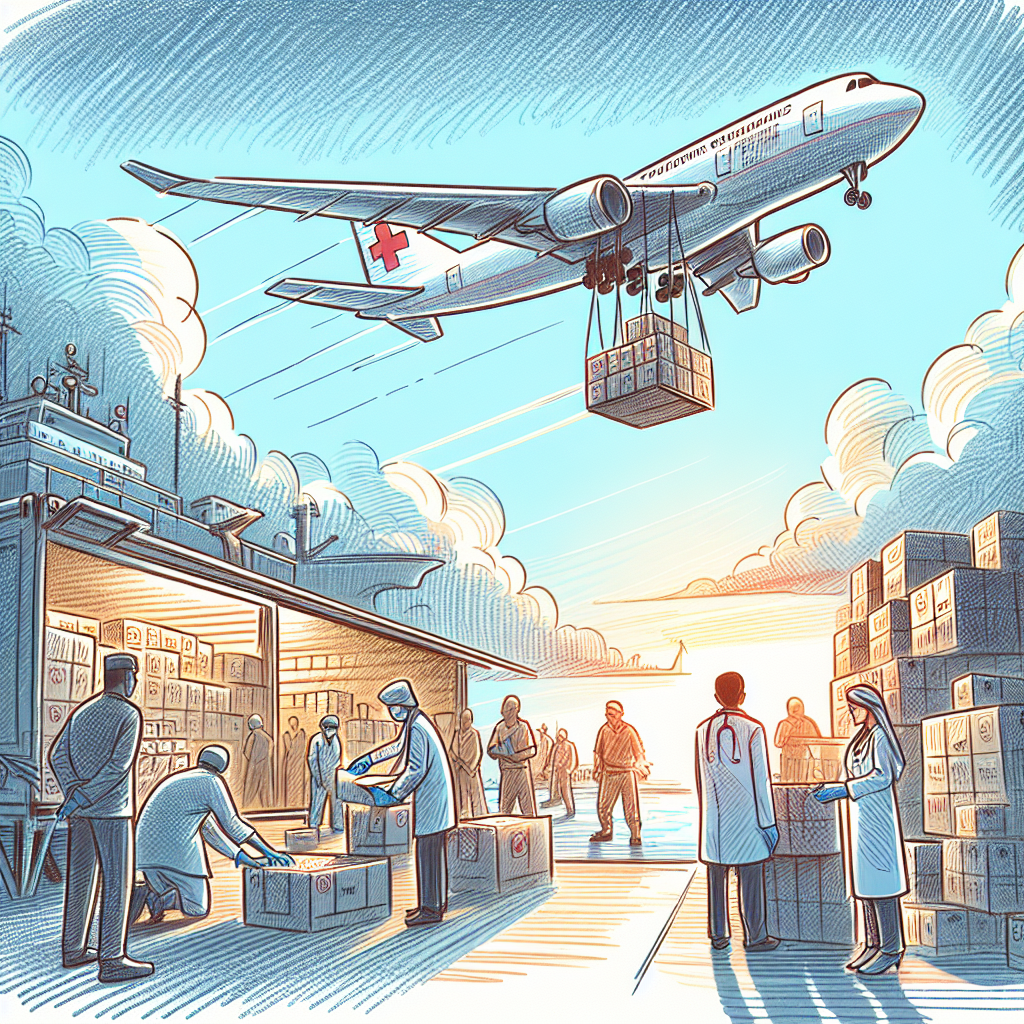Import unapproved medicine into Timor-Leste
Importing medicines into Timor-Leste
 View English version
View English version
Importing Unapproved Life-Saving Medicines for Personal Use into Timor-Leste
According to the Law on Medicines, Medical Devices and Health Products (2018), the importation of medicines into Timor-Leste is strictly regulated to ensure the safety, efficacy, and quality of pharmaceutical products available to the public. However, provisions exist within the law to allow individuals to import unapproved or unavailable life-saving medicines for personal use under specific conditions.
Legal Framework
The law establishes a comprehensive regulatory framework aimed at safeguarding public health. Importing unapproved medicines without proper authorization is generally prohibited. Exceptions are made for life-saving medicines when no suitable alternative treatments are available within the country.
Requirements for Importation
To legally import an unapproved life-saving medicine for personal use, individuals must meet the following requirements:
- Medical Prescription: Obtain a valid prescription from a licensed medical practitioner in Timor-Leste, indicating the necessity of the medicine for treating a life-threatening condition.
- Authorization from Health Authorities: Secure prior authorization from the Ministry of Health or the designated regulatory body overseeing pharmaceuticals.
- Comprehensive Documentation: Provide detailed documentation, including medical records, justification for the medicine's necessity, and information about the medicine's origin and regulatory status elsewhere.
- Quantity Limitations: Import only a quantity sufficient for personal use during a specified treatment period, as indicated by the prescription.
- Compliance with Import Procedures: Follow all importation procedures, including customs declarations and inspections, in accordance with national regulations.
Procedure for Obtaining Authorization
The process involves several steps:
- Medical Consultation: Consult with a licensed medical practitioner who can confirm the necessity of the unapproved medicine.
- Application Submission: Submit an application to the Ministry of Health, including all required documentation and a formal request letter.
- Evaluation by Authorities: Wait for the health authorities to review the application, assessing the medical necessity and potential risks.
- Import Permit Issuance: If approved, receive an import permit that allows the importation to proceed legally.
Documentation Details
Medical Records and Justification
Include comprehensive medical records that detail the patient's condition, previous treatments attempted, and the rationale for needing the unapproved medicine. The medical practitioner should provide a thorough justification for why alternative, approved medicines are inadequate.
Medicine Information
Provide detailed information about the medicine, including:
- Name of the medicine (generic and brand names).
- Manufacturer details and contact information.
- Composition and dosage form.
- Regulatory status in other countries (e.g., approvals by FDA, EMA).
- Quality assurance certificates and clinical trial data, if available.
Importation Procedures
Engaging Authorized Importers
Use authorized importers or courier services experienced in handling pharmaceuticals to ensure compliance with transport regulations and preservation of the medicine's integrity.
Customs Declarations
Prepare accurate customs declarations, including all necessary documentation to facilitate smooth customs clearance. Be prepared to present the import permit and authorization letters upon request.
Compliance and Legal Considerations
Adherence to Regulations
Strict adherence to all regulations is essential to avoid legal consequences such as confiscation of the medicine, fines, or prosecution. Non-compliance may also jeopardize future import requests.
Ethical Responsibility
Both patients and medical practitioners have an ethical responsibility to ensure that the importation is necessary and conducted transparently, prioritizing patient safety and public health.
Potential Challenges
Approval Delays
Authorization processes may take time due to administrative procedures. Planning ahead and submitting applications early can mitigate treatment delays.
Supply Chain Issues
Global supply chain disruptions can affect the availability and timely delivery of medicines. Staying informed and maintaining communication with suppliers can help manage these risks.
Support and Resources
For assistance, individuals can contact:
- Ministry of Health, Timor-Leste
[email protected]
Phone: (+670) 123-4567 - World Health Organization (WHO) Country Office
www.who.int/timorleste - Local Patient Advocacy Groups
These organizations can provide guidance and support throughout the importation process.
Key Points to Remember
- Secure all required documentation before initiating the importation process.
- Engage with licensed medical and legal professionals for guidance.
- Maintain open communication with health authorities and comply with all procedural requirements.
- Prioritize sourcing medicines from reputable suppliers to ensure safety and efficacy.
Conclusion
Accessing life-saving medicines not available in Timor-Leste is possible through a regulated process designed to protect individual and public health. By adhering to the requirements outlined in the Law on Medicines, Medical Devices and Health Products (2018), individuals can lawfully import necessary treatments while ensuring compliance with national laws.

